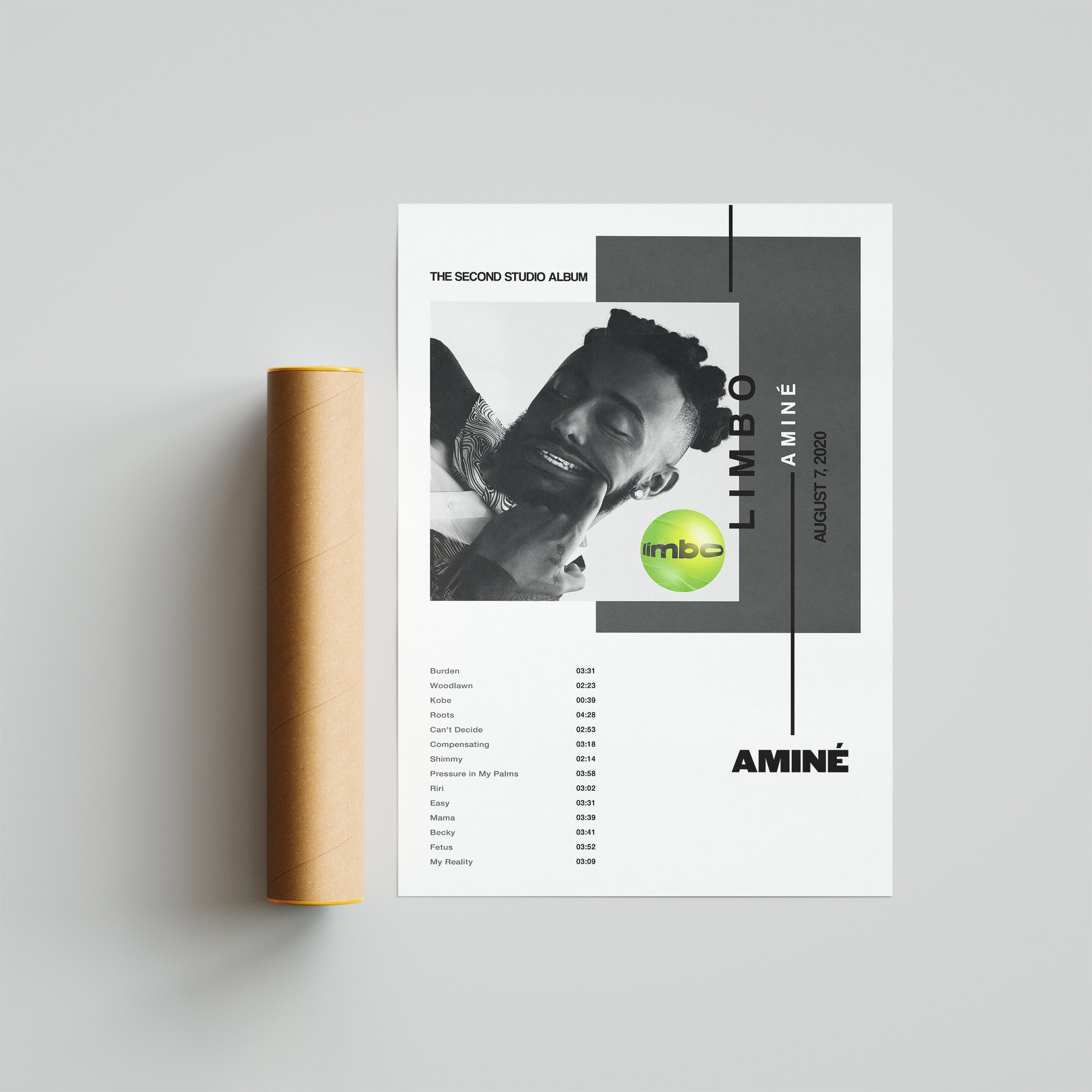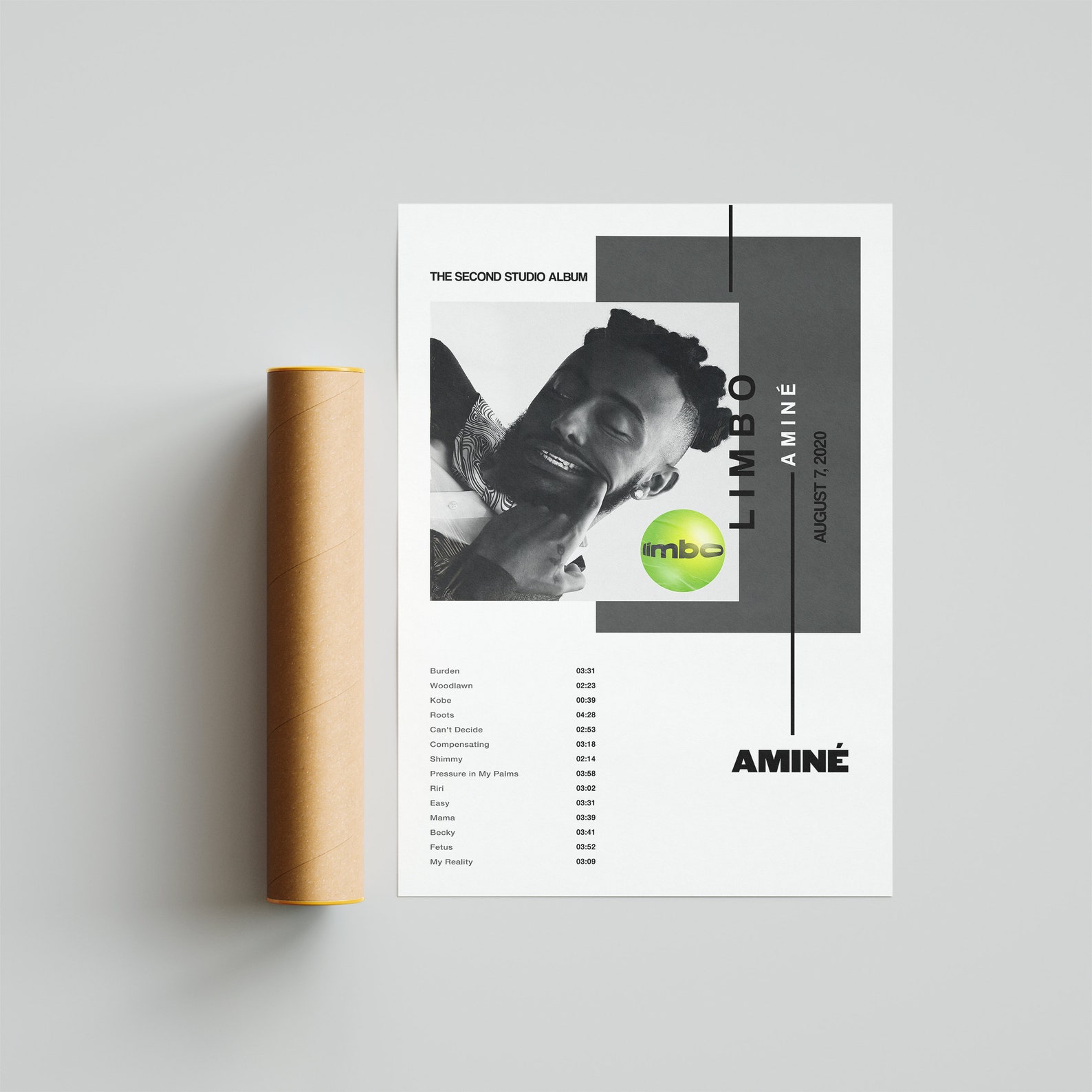
“Woodlawn” indulges in the rapper’s trap temptations while celebrating the Northeast Portland neighborhood he grew up in. Opening track “Burden,” with its wailing rhythms and pulsating beat, is what Aminé teases at the beginning as “some shit you go and pick your homey up from jail with.” Its big breakout single, “Caroline,” was a mirthful infatuation romp that was simply infectious.Īlthough this light-hearted nature dominated Good For You in its entirety, Limbo takes more of an existential turn as Aminé earnestly wonders what comes after that initial rush of success. The 26-year-old emcee made major waves in the rap game with his 2017 debut album, Good For You, a playful and adventurous project that showcased not only his lyricism but also his undeniable charisma. The production of these songs, like much of the rest of the album, is unhurried, allowing Aminé to enunciate words fully, the percussion patiently churning and the guitar lines slowly strummed.Charting Aminé’s sonic progression proves to be quite the fulfilling task on his sophomore effort, Limbo. Aminé is also frequently caught between his swagger and his conscience, resulting in a moral ambiguity that’s further explored on “Fetus,” which, in another stroke of highly uncharacteristic attitudes in rap, ponders the potential harms of bringing a child into the world. One of the album’s more complex lyrical moments, “Becky” is an examination of racial inequality in America that centers on Aminé’s suburban upbringing, repeatedly returning to the line “Mama said/don’t ever bring a white girl home to me.” The song fascinatingly looks at the contradictions between the behaviors of individuals and the trends of the masses, a kind of liminality hinted at in the album’s title.


“Roots” features R&B/funk icon Charlie Wilson, a favored collaborator of Kanye, while “Pressure in My Palms” includes a reference to the origin of the divisive rapper’s beef with Taylor Swift, as well as a brief but unmistakable interpolation of Kanye’s 2005 track “We Major.” On “Mama,” Aminé lovingly sings the praises of his mother and her herculean efforts to raise him, as if in homage to Kanye’s “Hey Mama”-though the song also links to 2Pac’s “Dear Mama.”

The album also contains new spins on the dormant practice of skits, and one such interlude pays tribute to the late Kobe Bryant, while others serve as outros for the tracks “Riri” and “Fetus.” These skits find Aminé conversationally musing to himself and his friends about growing older and his place in the world, and they’re a welcome, thoughtful nod to the rap opuses of yesteryear.īy the album’s halfway point, though, it’s clear that this isn’t just another throwback, as Aminé’s full-bodied beats, vintage soul samples, and clever rhymes set him up as a deserving carrier of Kanye West’s torch. The opening track of the Portland-based rapper’s second studio album, Limbo, likewise sets the stage with a chopped soul sample-driven beat and telling references to hip-hop’s past (Jay-Z) and future (Rico Nasty), while unfurling some of the moral concerns plaguing his thoughts. On the intro to his 2018 mixtape, Onepointfive, Aminé demonstrated his talent for verbose, declaratory scene-setting.


 0 kommentar(er)
0 kommentar(er)
